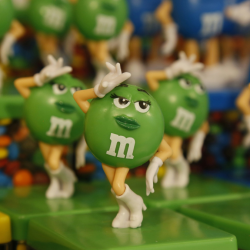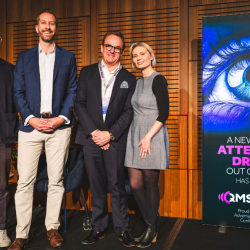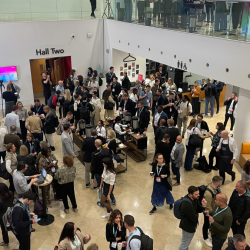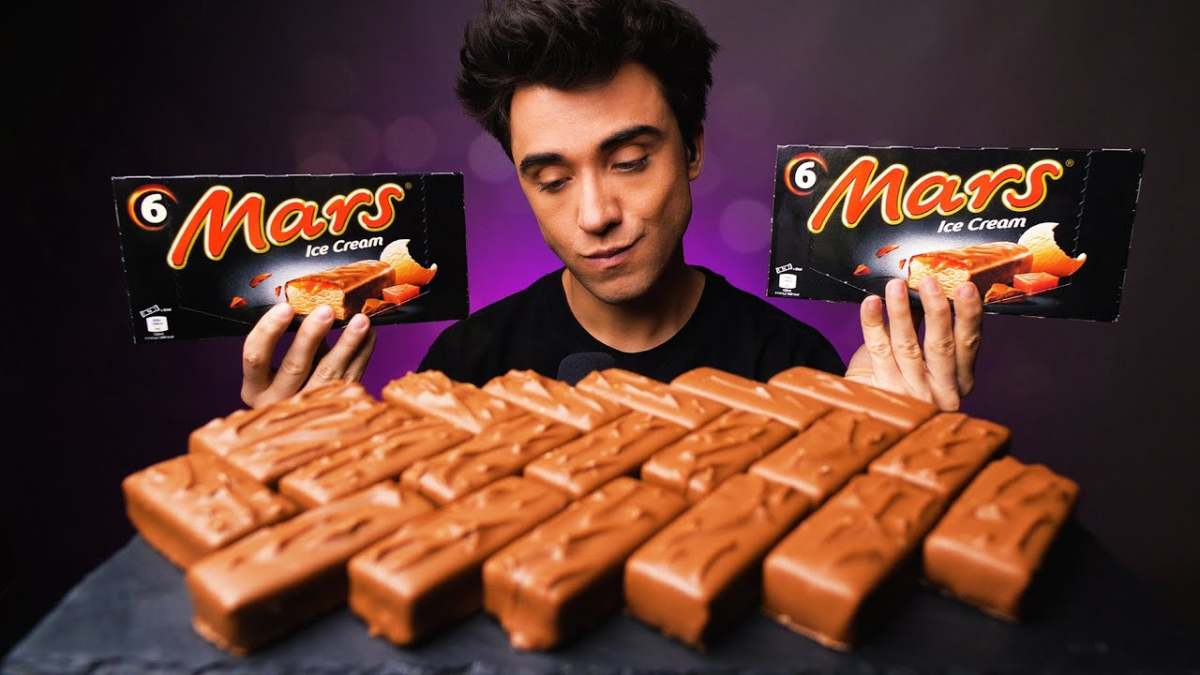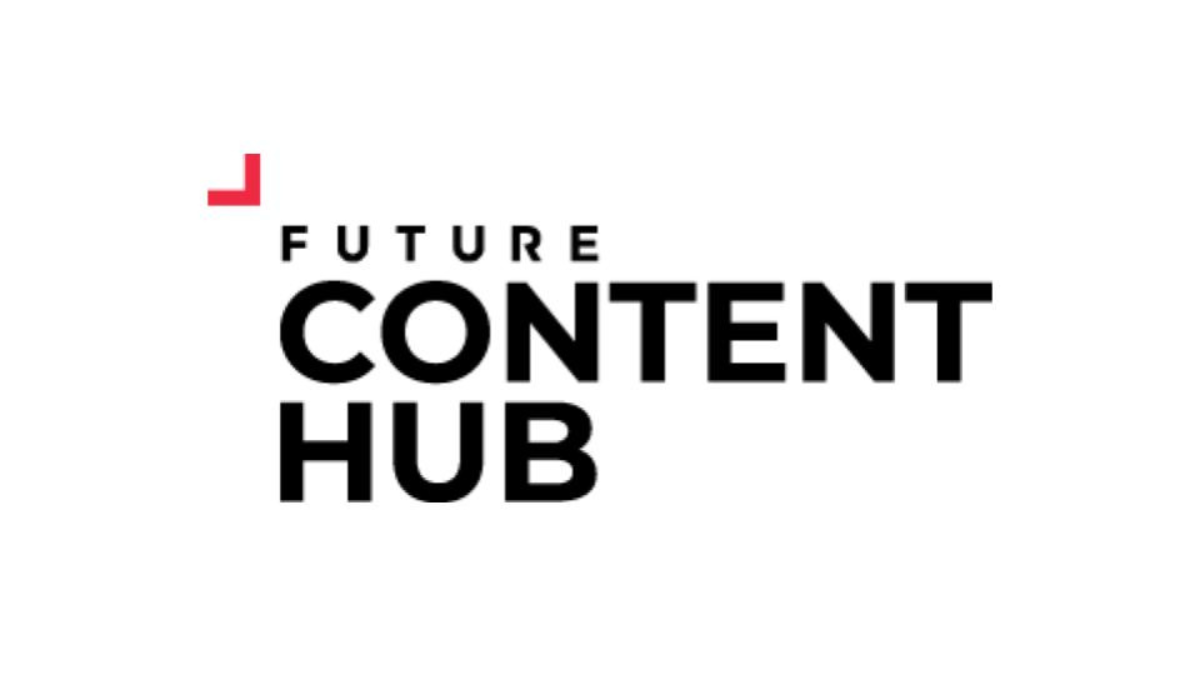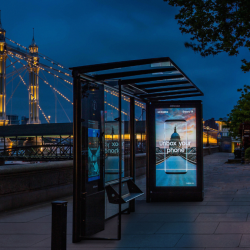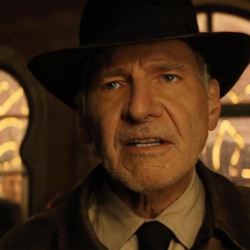Brand wars are nothing new: Coke versus Pepsi, Carlsberg versus Heineken, Ford versus General Motors have all rumbled on for years and years. There are newer ones too, Nike versus Adidas, Google versus Bing and Chrome versus Edge.
Entering a new market and taking on a competitor can be a stressful and/or frightening endeavour so it’s perhaps not surprising that the fundamental question that needs to be asked is that old psychological one do you really want to ‘fight’ or would it be better to take ‘flight’?
The third ‘F’: freeze, is certainly one you should try and avoid; and asking yourself this set of follow-up questions could help you make better decisions.
The first set of questions is about risk and reward
Is a ‘fight’ worth the risk? Are the rewards large enough? Is the market large and in growth and are the margins and returns likely to be good? If there are any barriers to entry can they be overcome? What is the opportunity cost? Is there somewhere better you could be investing in?
Looking back, Mars clearly decided that moving into the ice cream market was a fight they were willing to take on. They would be competing with a well-established global brand leader in Unilever and they would need to find a way around the barrier Unilever had established in many countries. Namely, they controlled the ice cream cabinets and so could restrict what retailers stocked. However, the market was huge and growing, returns were good and Mars felt that the law would eventually help break through the cabinet restrictions.
Valve, who started out as a game developer and found their initial success with the release of Half-Life and a related mod, Counter-Strike, decided that despite this, flight was their best option. In 2003, they had launched a game store called Steam to support their other game releases and it was performing well. So instead of continuing to compete in the increasingly crowded IP content creation space, they would focus on Steam, what had started as a side project. A strategy that has worked out extremely well for them as they have grown to control somewhere between 50-70% of all PC game downloads across the world.
The next set of questions you should ask focus on is what you will offer
Do you have any secret weapons (points of competitive advantage)? The old adage of cheaper, better or different is still a good starting point. Can you offer equivalent goods or service cheaper than existing brand or brands? (Do you want to?) Can you do what the competition does but do it better — faster, smoother, more conveniently, etc? Or will you offer something in the market that is very different whether that’s functionally or emotionally, whether it is via performance or personality?
Innocent’s move into fruit juices being a classic example here. 100% orange juice isn’t new or really different, but their personality and tone of voice is. This leads naturally onto a subset of questions about should you use an existing brand or create a new brand or sub-brand? If using an existing brand does your brand have any credibility in a new area?
The final set of questions is what sort of fight do you want and can you fight it on your terms?
Do you have the resources to go head-to-head or is a form of guerrilla warfare a better way forward? BrewDog were past masters at guerrilla marketing using stunts and other PR ploys to take on the big boys in the brewing trade. Alternative strategies might be to find a niche where you think you can focus on, at least to start — and another beer, Cobra, is a good example.
Playing on its Indian heritage with its product positioning between an ale and a lager. It started out by targeting Indian restaurants, which weren’t the focus for any of the big boys. They chose the battlefield and made sure they had the high ground.
So… looking at your next opportunities, are you going to fight or take flight? Hopefully using these questions, and others, you won’t freeze.
Featured image: McBang ASMR, Eating Mars Ice Cream / YouTube
